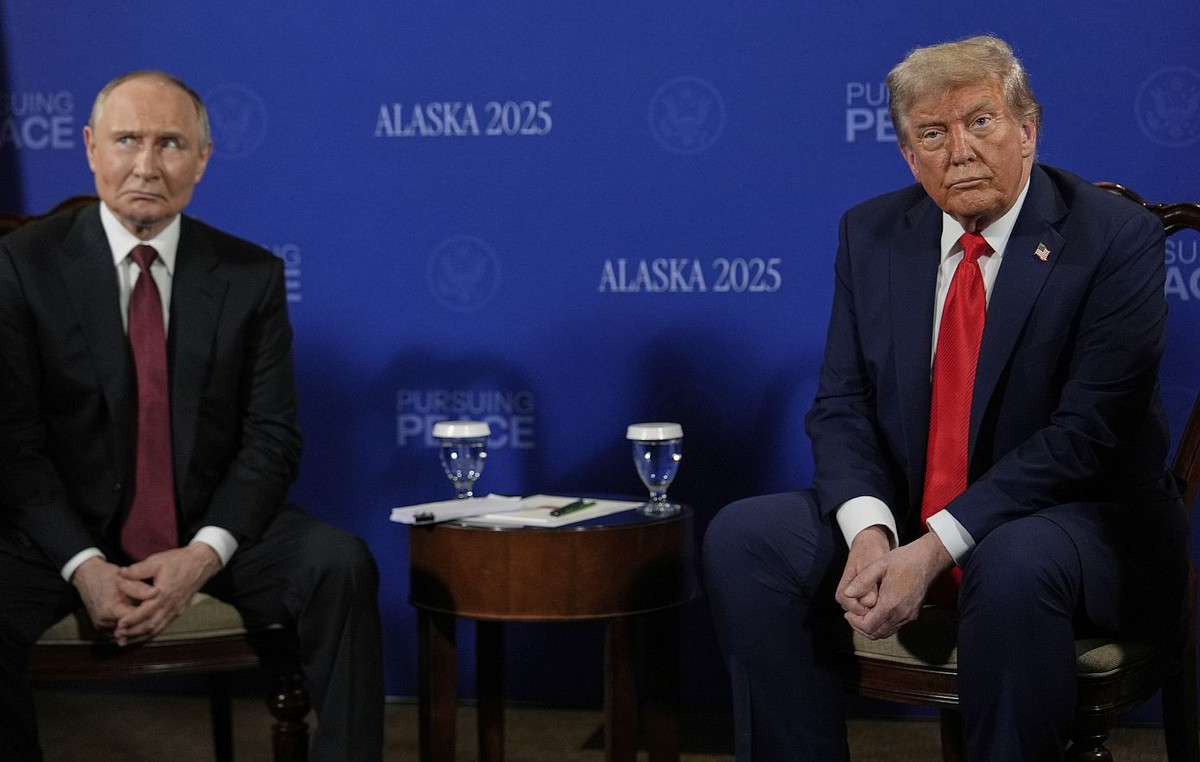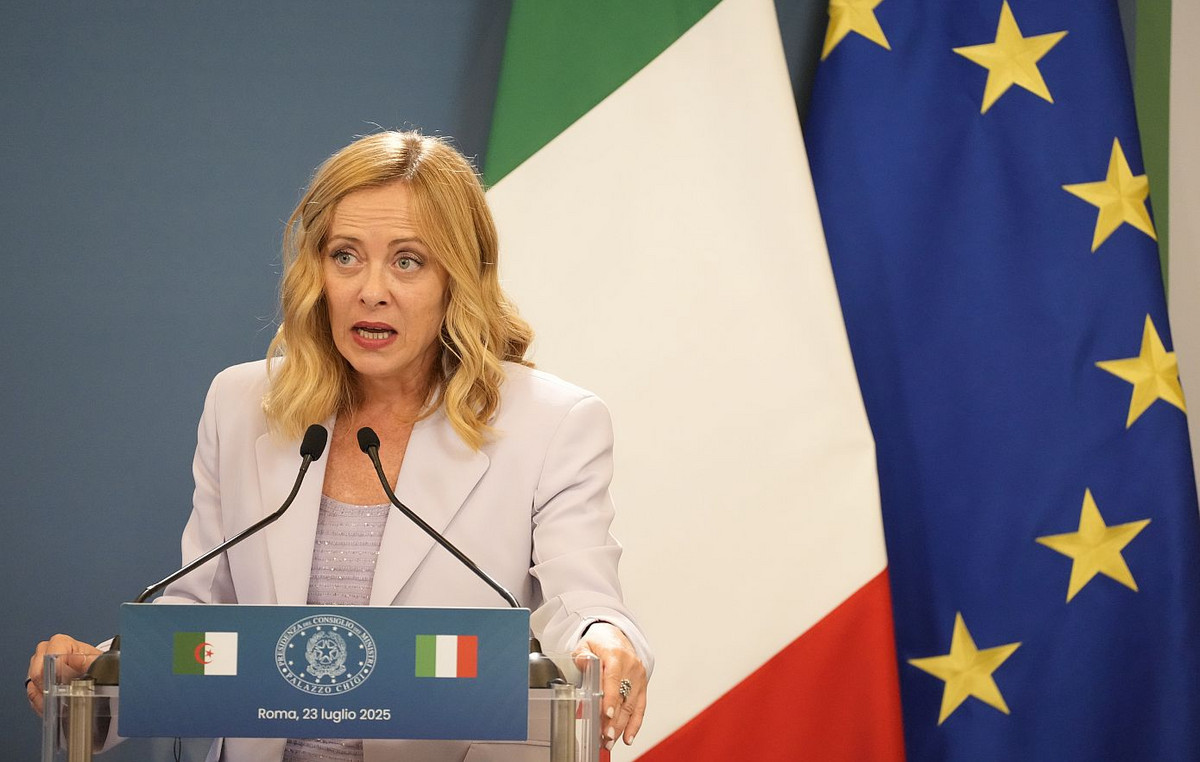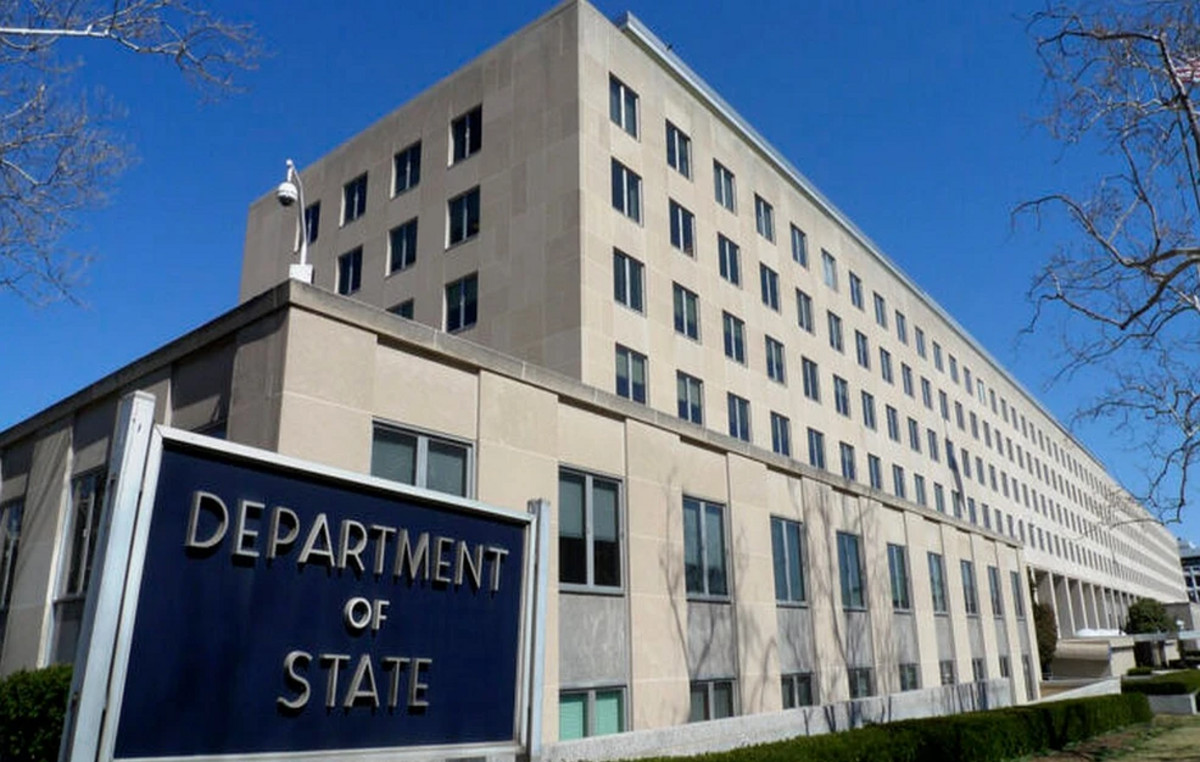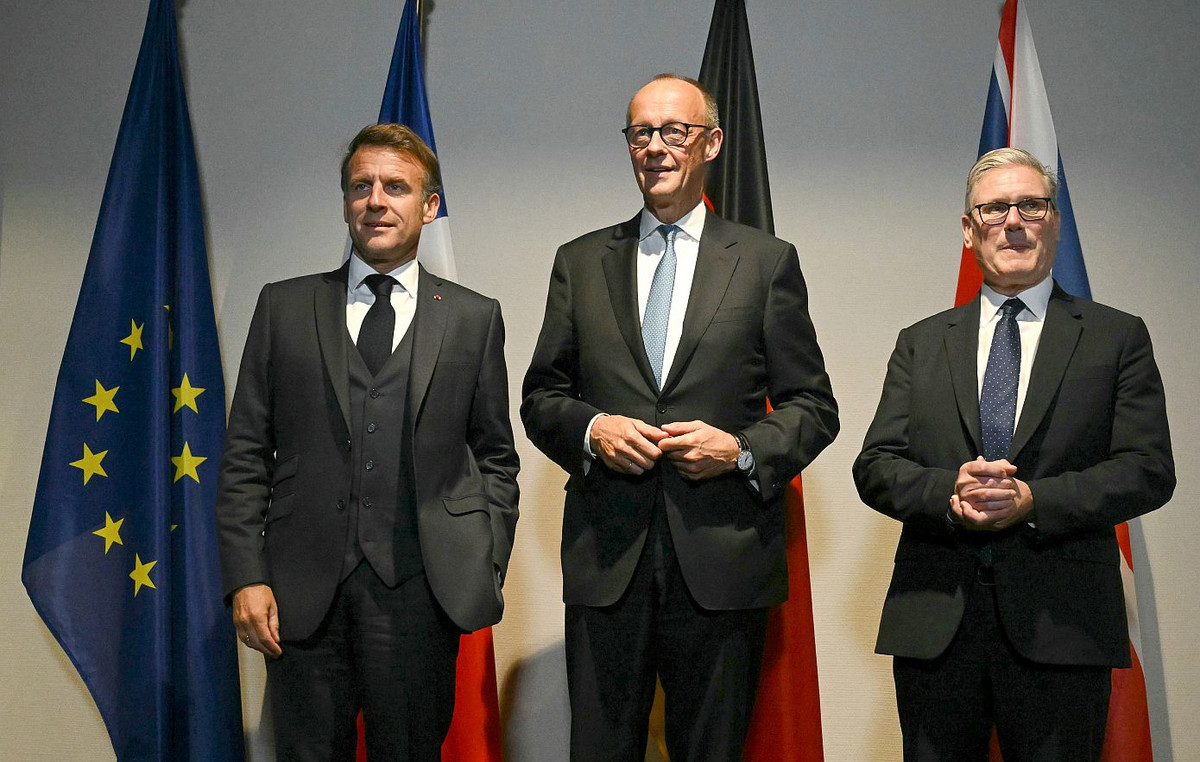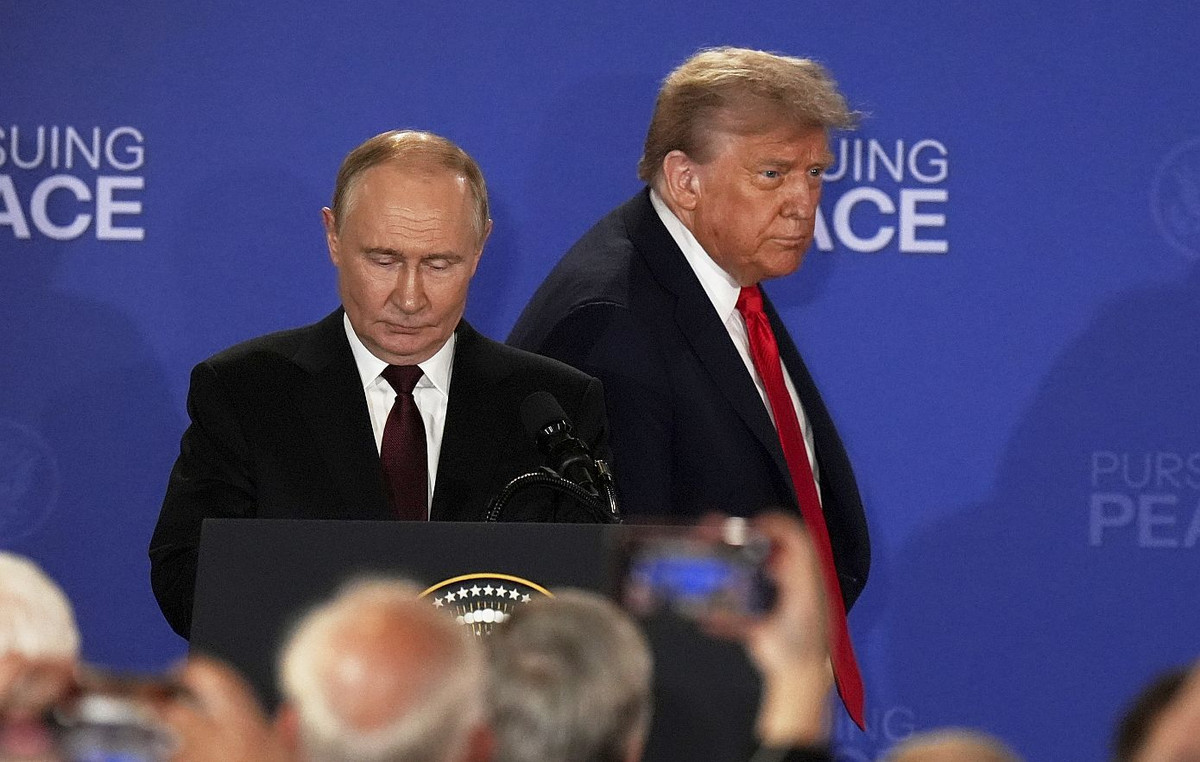The price of diesel continues to climb in the international market, increasing the lag in the price of fuel sold in Brazil.
The upward pressure is only going to get worse, according to experts heard by Broadcast, with the increase in the cold in Europe, the closing of refineries and the proximity of the Russian import ban, which will further reduce global supply.
In the survey carried out by the Brazilian Association of Fuel Importers (Abicom), the difference between the average price practiced in Brazilian refineries and those in the Gulf of Mexico rose to 14%.
To return to parity with imports, an increase of R$ 0.83 per liter of diesel would be necessary, calculates the entity.
The greatest disparity is being observed in Petrobras refineries, while Acelen, in Bahia, the only large private refinery in the country, is in line with the external price, due to weekly readjustments, with a difference of only 1% in comparison with the price charged in the Gulf of Mexico.
The Bahia unit, responsible for 14% of Brazil’s refining, made the third increase in the fuel price in October last Saturday (15th), reaching an increase of up to 8.9%, depending on the market served.
Meanwhile, Petrobras has kept the price of fuel frozen for 28 days. In the places that serve as a reference for Petrobras prices, the lag reaches 17% (Itaqui, Suape, Paulínia and Araucária).
On Friday (14) Petrobras Exploration and Production director Fernando Borges admitted that the company has reduced fuel prices at a faster rate than is now considered for increases in order to keep up with import parity prices, and that this would be “for the benefit of Brazilian society”.
Gasoline
In the case of gasoline, with less pressured demand, the increase should be R$ 0.24 per liter, due to an average lag of 7%, according to Abicom.
Petrobras has not readjusted the price of gasoline for 46 days, and even so the fuel went up again at gas stations last week, according to the National Agency of Petroleum, Natural Gas and Biofuels (ANP).
According to Broadcast, Petrobras is being pressured by the government, its controller, to keep fuel prices unchanged until the end of the second round of the presidential elections, on the 30th.
The objective is to favor the reelection of the President of the Republic, Jair Bolsonaro (PL), and the tendency is for the increase to come after the election, regardless of the result.
The state-owned company maintains the discourse that it “continues to monitor the market and movements in oil and derivatives market prices, which are currently experiencing high volatility”.
According to the state-owned company, the company’s objective is not to pass on the volatility of the international market to the domestic market, and also stated in a note that “there is no single reference and is perceived in the same way by all agents, whether they are refiners or importers”.
Source: CNN Brasil
Joe Jameson, a technology journalist with over 2 years of experience, writes for top online news websites. Specializing in the field of technology, Joe provides insights into the latest advancements in the industry. Currently, he contributes to covering the world stock market.

